2018 marks 125th anniversary of death of ‘O Little Town of Bethlehem’ writer
By Joanne Sloan
He is best known for writing the Christmas carol “O Little Town of Bethlehem.”
Phillips Brooks (1835–1893) was an American Episcopal clergyman, sometimes called “the most famous preacher of the 19th century.”
This year is the 125th anniversary of his death.
He was born on Dec. 13, 1835, to William Gray Brooks and Mary Ann Phillips Brooks in Boston, Massachusetts.
Dedicated champion
He attended Harvard University from 1851 until 1855. Then he studied at the Episcopal Seminary at Alexandria, Virginia, and was ordained there on July 1, 1859.
In August 1859 he started his ministry at the Church of the Advent in Philadelphia. With his commanding presence and his eloquent preaching, he drew large crowds.
Three years later Brooks became rector of Holy Trinity in Philadelphia.
During the Civil War he became a dedicated champion of emancipation and later a defender of the right of former slaves to vote.
In 1865 he went to the Holy Land. On Christmas Eve he traveled on horseback between Jerusalem and Bethlehem. He wrote letters to the children of his church, telling them about his experiences: “Before dark we rode out of town to the field where they say the shepherds saw the star. … As we passed, the shepherds were still keeping watch over their flocks.” Returning to Jerusalem, he joined in the traditional services at The Church of the Nativity.
The trip to Bethlehem left a strong impression on him. In 1868, during the Christmas season, he wrote the lyrics of “O Little Town of Bethlehem” for the children of his church. Organist Lewis Redner quickly wrote the music. The children sang the song at the Christmas program. The hymn was printed on a leaflet that December and appeared in The Sunday School Hymnal in 1871.
From 1869 to 1891 he was rector of Boston’s Trinity Church, the stronghold of Episcopalianism in America. At a time when Unitarianism was becoming a force in New England, Brooks defended his belief in the Trinity.
His many parishioners included Helen Keller and Anne Sullivan. Keller and Brooks corresponded via letters until the end of his life.
Brooks was a popular campus speaker at Harvard and served on the Board of University Preachers, leading morning prayers and counseling students.
Queen Victoria invited him in 1880 to preach at Westminster Abbey and at the Royal Chapel in Windsor.
‘Sole desires’
In 1891 he became the Episcopal Bishop of Massachusetts.
On Jan. 23, 1893, he died of diphtheria. On the day of his funeral the Boston Stock Exchange and shops closed. Harvard students served as pallbearers as his casket traveled from Trinity Church to Mount Auburn Cemetery.
Brooks’ greatest legacy was his love of Christ. “To know in one’s whole nature what it is to live by Christ,” he said, is “to be His, not our own, to be so occupied with gratitude for what He did for us and for what He continually is to us that His will and His glory shall be the sole desires of our life.”
____________________
EDITOR’S NOTE — Joanne Sloan, a member of First Baptist Church, Tuscaloosa, has been a published writer of articles and books for 30 years. She has a bachelor’s degree double majoring in history and English from East Texas State University (now Texas A&M–Commerce) and a master’s degree specializing in English from the University of Arkansas (1978).

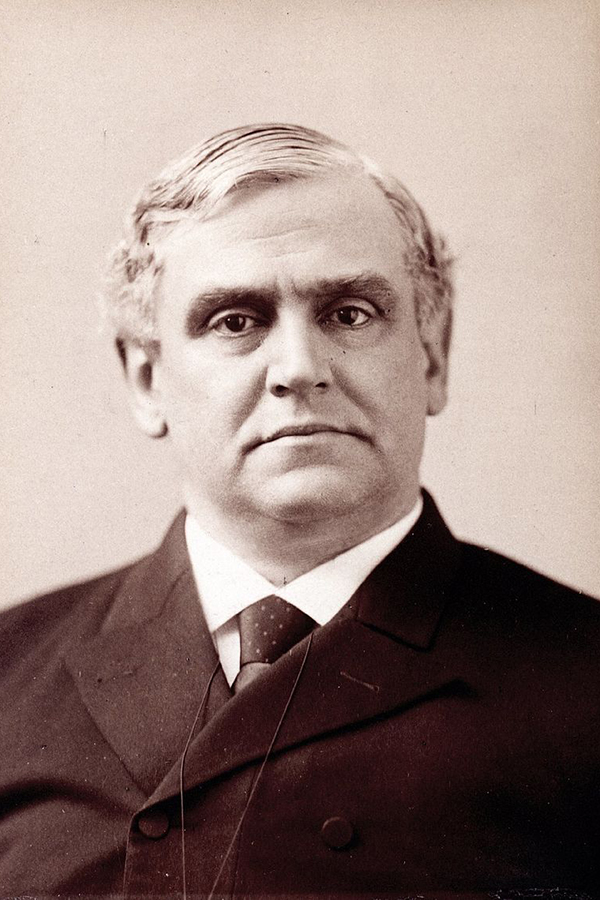
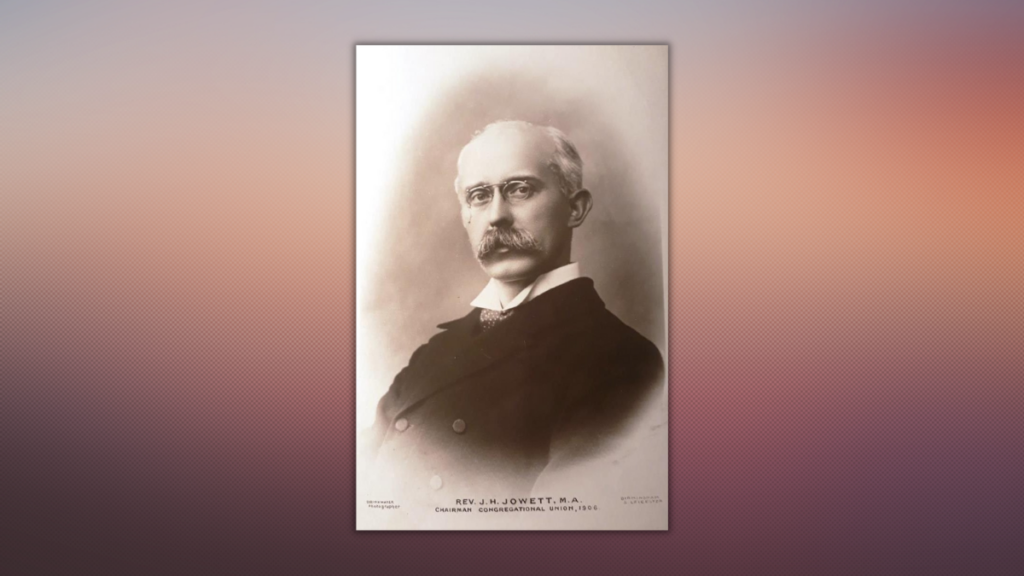
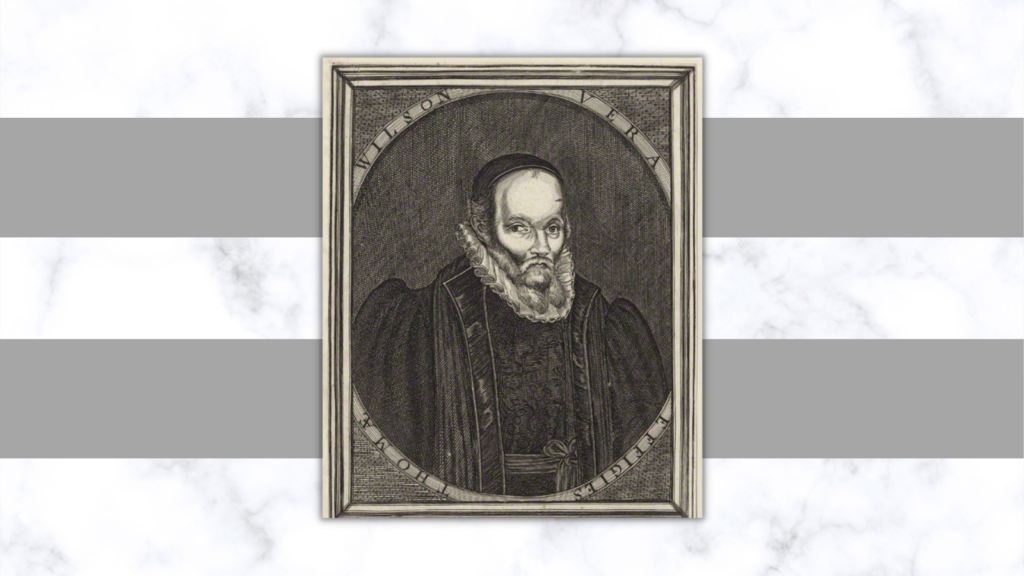
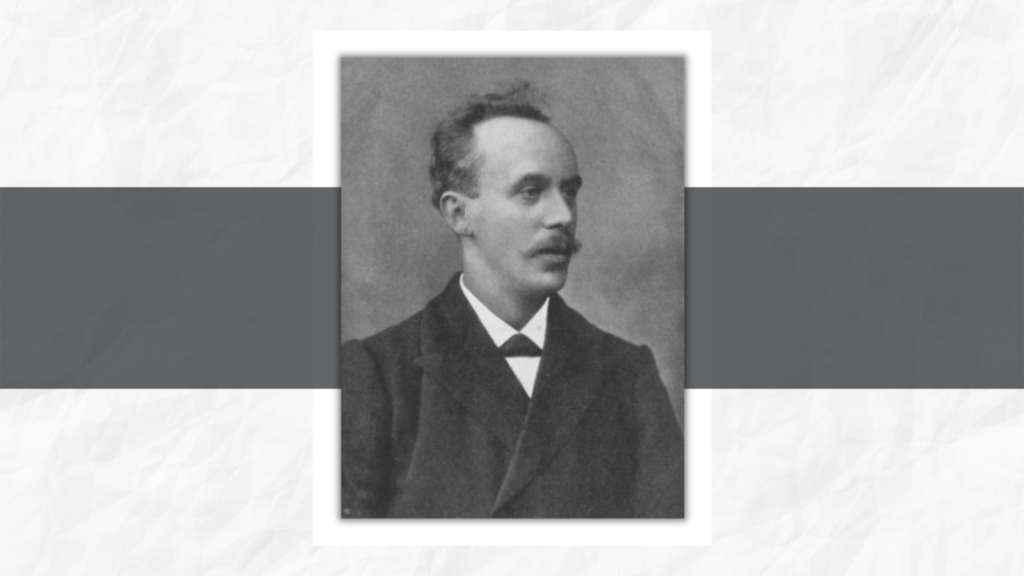
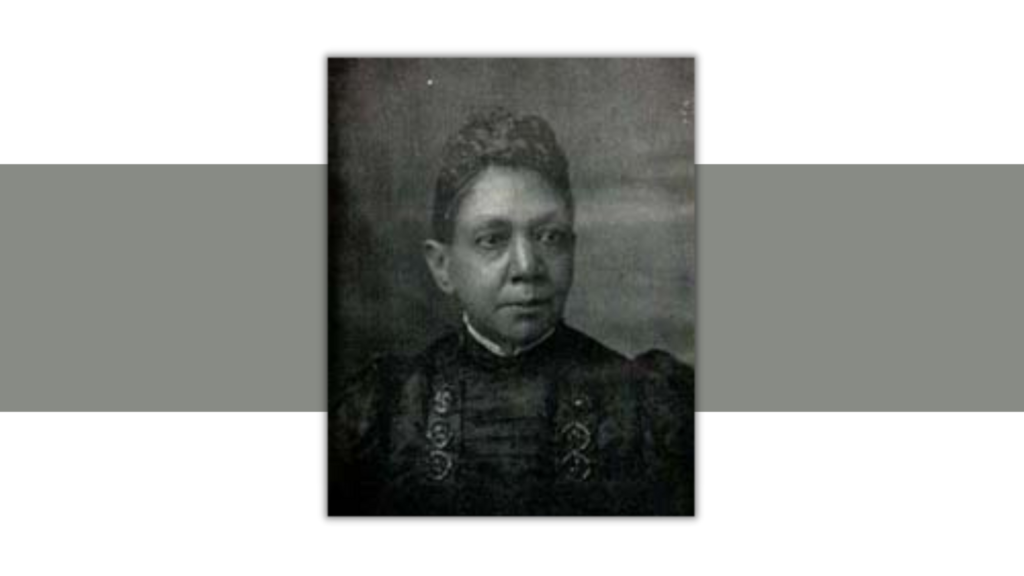
Share with others: